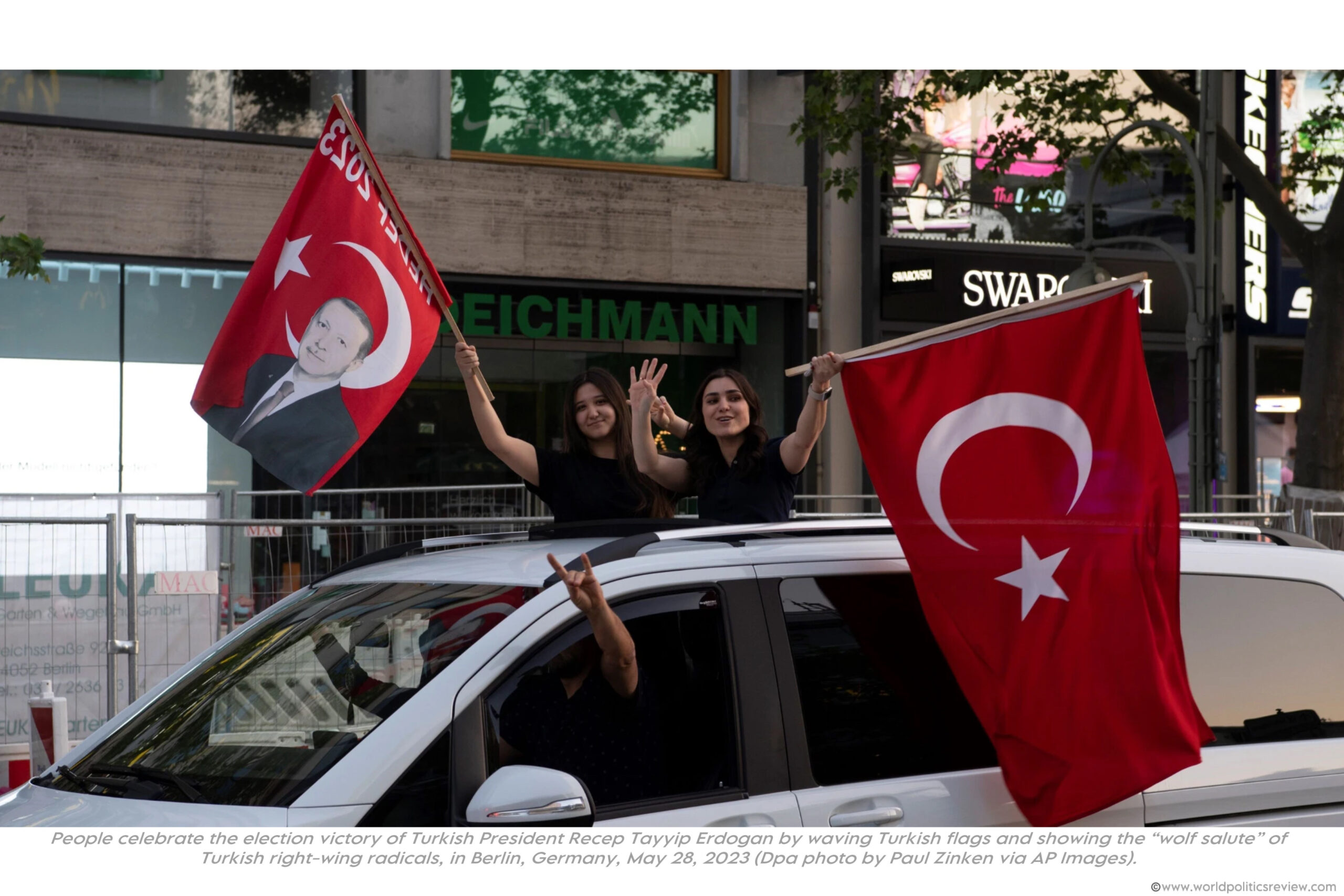Hajj began on 19th August and more than two million Muslims have gathered at Mecca to take part. The pilgrimage is an obligatory act of worship that Muslims must undertake once in a lifetime, as long as they are financially able and fit enough to do so.
Before modern transport systems, Muslims living outside the Arab world had little expectation of completing Hajj. Whereas the number of pilgrims reached a peak of 3 million in 2012, prior to the mid-1950s, the number of pilgrims travelling from overseas rarely exceeded 100,000. Modern Saudi infrastructure, which are now crucial for dealing with the number of visitors to Mecca in the age of international travel, was still developing at this time.
Periodic disasters, including stampedes and fires, have cost hundreds their lives, and Hajj organisers and guides compare preparing and overseeing the pilgrimage to hosting the Olympics, but every year instead of once every four years. Development in the age of globalisation continues. A $50 billion investment in the Saudi kingdom to fund new transport and infrastructure is estimated to have doubled the size of Hajj by 2030, and this investment is crucial if the country is to keep up with increasing numbers of pilgrims.
In the UK, the Hajj sector of the UK economy is estimated to be worth around £150 million (£310 million including Umrah), and the price of Hajj is fast increasing. While pilgrim welfare advocates have complained that these rising prices reflect UK organisers’ profiteering, this rise is occurring globally as a result of the Hajj industry becoming increasingly privatised and commercialised as demand for travel, accommodation, and other services rises. Despite their investments in the infrastructure of Hajj, the Saudi government has not made efforts to control these prices. Saudi VAT and municipality taxes have also increased recently, which also contributes to these price rises.
How exactly the commercial aspect of Hajj is reconciled with the pious aspect of Hajj is consistently debated, especially because, as McLoughlin writes in The Conversation, “the development of a consumer-capitalist model of religious tourism on the scale envisaged by Saudi Arabia is unprecedented”. As Hajj-related operations develop, and organisations in different countries adapt to this, there is a case for greater international governance of the Hajj and the Umrah in order to maintain order and protections in the industry.
Sources
McLoughlin, S. (2018) ‘Hajj: how globalisation transformed the market for pilgrimage to Mecca’. [online] 15 August. https://theconversation.com/hajj-how-globalisation-transformed-the-market-for-pilgrimage-to-mecca-97888. [Accessed 21 August 2018].






